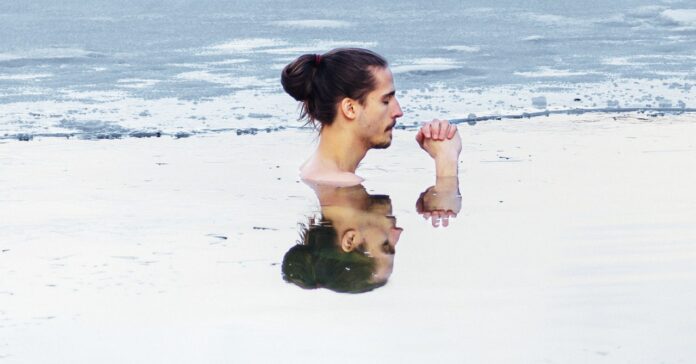Metabolic main points subject to expect well being within the trendy international, Ocobock says. The similar genetic programming that arose to give protection to somebody within the Arctic—like top BMI and sooner metabolism—may change into liabilities. A lot of Ocobock’s find out about topics were obese and overweight with commonplace ldl cholesterol and blood sugar. Being “fats however are compatible,” which has been recommended in excessive chilly, “may now even be falling aside as a result of local weather alternate, and may well be resulting in worsening well being,” she says. If other folks’s diets and task ranges stay the similar, however their metabolic charges drop because the local weather warms, their weight problems chance will upward push. “The decreased resting metabolic charges amongst men may well be an embodiment of local weather alternate,” she says.
In February, Ocobock traveled to Inari, Finland, which sits 165 miles north of the Arctic circle. February is generally the coldest month of the 12 months, with highs round 15 levels Fahrenheit. This 12 months, a number of days crowned 40 levels. “So actually in February, there have been days I did not trouble dressed in a coat within the Arctic Circle. That is deeply tousled.”
However professionals warning that organic variations on my own don’t resolve whether or not somebody is minimize out for the chilly. For something, people handiest migrated to less warm climates lower than 100,000 years in the past—a blink in evolutionary timescales. “A few of these variations are in fact now not as dramatic as we predict,” says François Haman, who research thermal body structure on the College of Ottawa, Canada. Haman notes that characteristics like the scale and shapes of our bodies, arms, ft, and ears range so much inside of any inhabitants, as does an individual’s quantity of brown fats.
“When a trait is extremely variable like what we see for chilly, what we notice is that habits was once in fact extra necessary to continue to exist than genetics,” Haman says. What’s maximum necessary is that the person learns to conform to the dangers of chilly puts, like the danger of falling thru skinny ice on a lake, or the danger of now not dressing correctly. “What [cold-dwelling populations] have that we should not have is hundreds of years of apply of residing in chilly prerequisites. Their habits and their decisionmaking is far, significantly better than ours,” Haman continues. (For instance, caribou-skin clothes made by means of Inuit populations is hotter than standard-issue Canadian military wintry weather uniforms.)
That mentioned, there’s one X issue that turns out neither genetic nor discovered: whether or not you favor being chilly. Levy and Ocobock are each from Michigan, however Levy hates the chilly. Ocobock hears conflicting perceptions from herders and Finns too. “It runs the gamut, identical to you are expecting any place else,” she says. “Even local Finns which have been there their complete lives, and their households too, there are some who can’t stand the wintry weather.”





 #shorts #shortsfeed #nature #youtubeshorts #iciness
#shorts #shortsfeed #nature #youtubeshorts #iciness